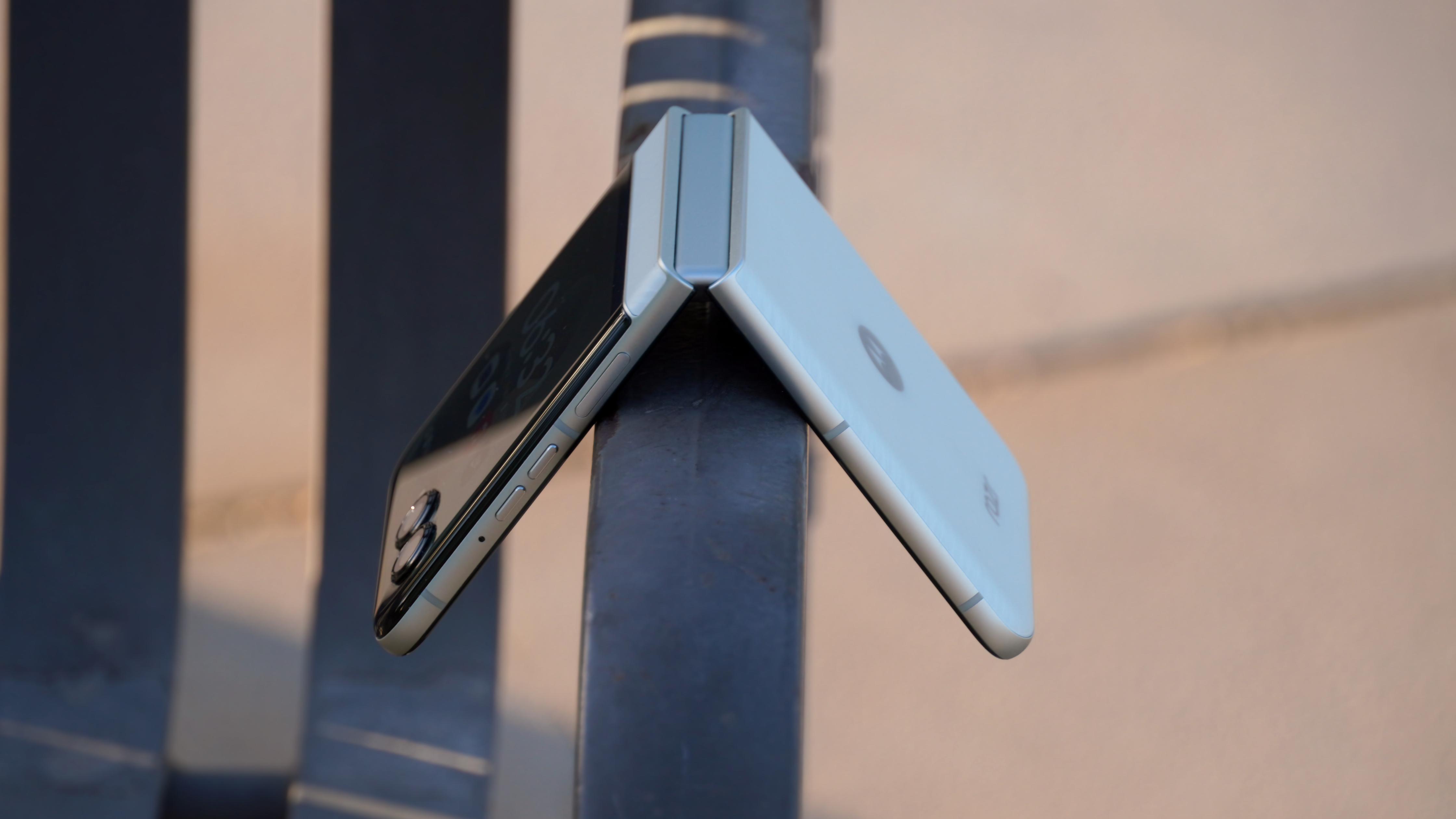From the Editor's Desk: More companies should show off concept phones

The OnePlus Concept One was, frankly, not that exciting — at least, as far as concept devices go. The whole point of a "concept" is to show how the company is breaking barriers and working on new things, with the freedom of knowing it doesn't have to be finished, functional or tied to a release date. And in this respect, OnePlus didn't go nearly far enough — the electrochromic glass is amazing, but it's the only concept-worthy component of a phone that's otherwise completely within the realm of what's possible on a mass production scale today.
But OnePlus fully deserves credit for actually showing off a concept phone, rather than keeping everything under wraps. I sure wish more companies would start doing the same — be it at a trade show like CES, where OnePlus was one of few phone announcements, or simply at any time with an online-only push.
The biggest Android fans crave leaks — so give them more to chew on.
The biggest Android fans crave the latest and greatest; they love smartphone leaks. They want to know what's coming, either from the perspective of planning for their next buying purchase or simply out of curiosity. And for most companies, for months and months between phone releases it's only leaks that keep customers and onlookers interested in their forthcoming devices. Why not put in the effort to show off a concept phone and let us get a sneak preview of the future officially?
The Chinese phone brands seem far more willing to show off new technology well before it's ready to go into production, with recent examples like Xiaomi's double-folding phone and Vivo's portless phone. The concepts grab attention, and in many cases are controversial — but that's the whole point; it gets people talking, and that conversation is all about the company.
Not only does a concept phone show off what you're capable of, and give fans something lust-worthy to drool over, but it also helps control the narrative of your company on your terms rather than by incomplete and unfinished leaks. And it's not just a one-way street: companies also get valuable public feedback to see what parts of the concept device catch people's eyes. And the feedback is coming from the most ardent Android watchers.
Concept phones work as an excellent carrot dangling in the future while you release 'normal' phones today.
When you show off a concept, everyone understands that it's a glance into the future and applies the appropriate amount of sincerity to the situation. Nobody's expecting a concept phone to be months away from market, or even fully functional. That gives companies the freedom to roll out wacky and interesting features, materials, form factors and technologies that would otherwise sit deep in a lab and in many cases never released. I'm certain there are engineers in every big smartphone company that would love to show off what they're working on at various points in the development process.
Revealing concept devices also gives companies much more runway in the minds of those dedicated Android fans when you then release your much-more-conservative actual phones over the course of the year. Everyone understands that concept devices aren't going to go into production as-is ... but even so, they work as an excellent carrot dangling in the future while you subsequently release "normal" phones in the near-term. Concepts can be fully aspirational brand-building mechanisms that the market-ready devices can ride on.
Get the latest news from Android Central, your trusted companion in the world of Android
So, what are you waiting for? We know each and every phone company has an abundance of amazing upcoming technology in the works. Show us what you're working on.
-Andrew

Andrew was an Executive Editor, U.S. at Android Central between 2012 and 2020.
